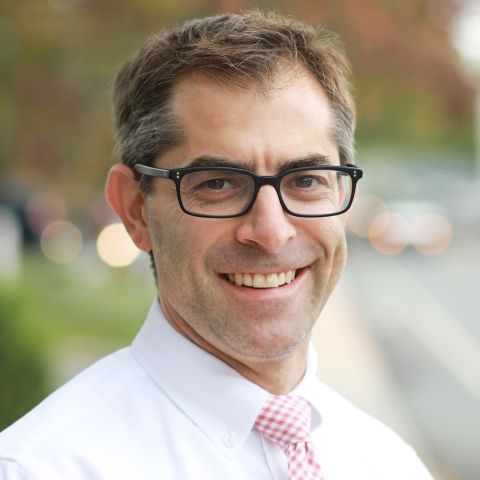

Publisher
Virginia Law Review
Date
2021-9
We accept uncritically the “recidivist premium,” which is the notion that habitual offenders are particularly blameworthy and should be punished harshly. In this article, I question that assumption and propose a radical alternative. Consider the individual punished repeatedly for hopping subway turnstiles. As convictions accumulate, sentences rise—to weeks and ultimately months in jail. At some point, criminality comes to signal something other than the need for punishment. It signals the presence of need. Perhaps, the recidivist was compelled by economic or social circumstances. Perhaps, he was internally compulsive or cognitively impaired. The precise problem matters less than the fact that there was one. No rational actor of freewill would continue to recidivate in the face of such substantial and increasing sentences. My claim is that, in these circumstances, it would be better to just stop punishing.
To that end, I offer a counterintuitive proposal, which is to provide “crime licenses” to recidivists. But I limit this prescription model to only a collection of quality-of-life offenses, like drug possession, vagrancy, and prostitution. My goals are at once narrow and broad. I present the crime license as a modest opportunity to test bolder concepts like legalization, prison abolition, and defunding police. I situate the provocative proposal within a school of social action called “radical pragmatism,” which teaches that radical structural change is achievable, incrementally. I draw upon successful prescription-based, radical-pragmatic reforms, like international addiction-maintenance clinics, where habitual drug users receive free heroin in safe settings. I endorse “harm reduction,” the governance philosophy that grounds those reforms. And I imagine our system reoriented around harm reduction, with crime licenses as one pragmatic, experimental step in that direction.
Citation
Josh Bowers, What If Nothing Works? On Crime Licenses, Recidivism, and Quality of Life, 107 Virginia Law Review, 959 (2021).